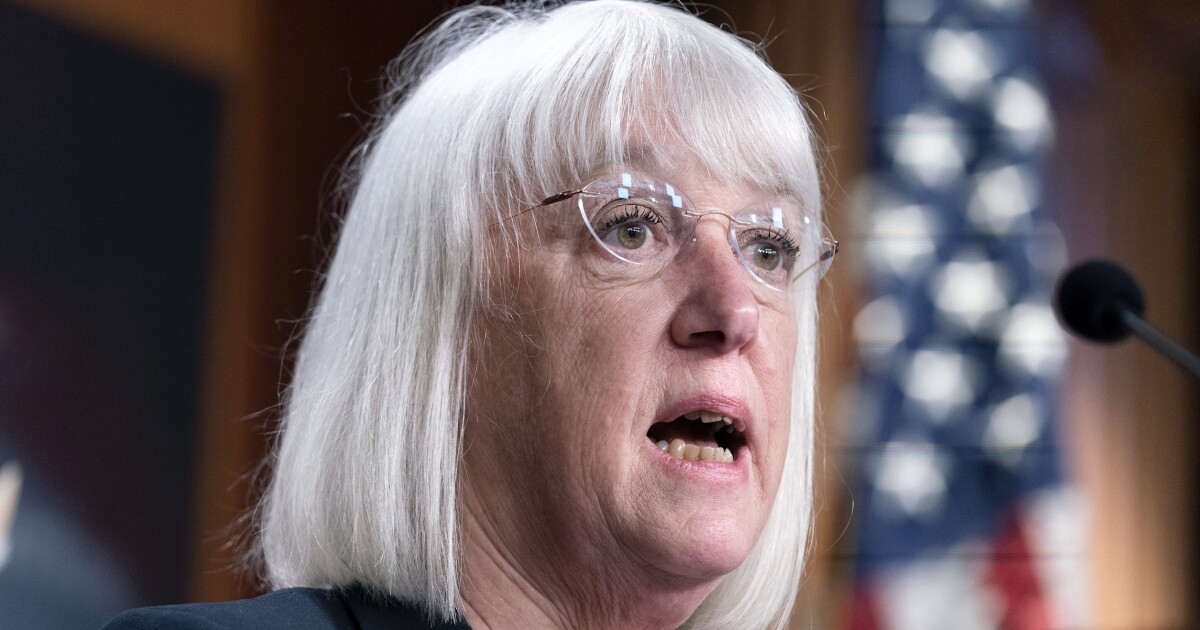

Senators advanced a controversial measure that would compel the Food and Drug Administration to play a greater role in regulating dietary supplements, a departure from agency custom that has rankled trade groups.
The legislation in which the provision is couched was considered “must pass,” as it reauthorizes the suite of user fees that pharmaceutical and medical device companies must pay the FDA for review of their products. The bill, the Food and Drug Administration Safety and Landmark Advancements Act, passed out of the Senate HELP Committee, which has jurisdiction over healthcare policies, by a vote of 14-8 Tuesday afternoon.
FDA VACCINE EXPERTS RECOMMEND AUTHORIZATION OF MODERNA SHOTS FOR AGES 6 TO 17
“Following so many alarming reports in the past of known carcinogens in products like baby powder, hairspray, and kids make up kids and so many years of dietary supplement manufacturers making unsupported health claims without any serious FDA oversight, I’m glad we were able to work in this legislation to ensure FDA can at long last provide meaningful oversight to cosmetics and dietary supplements,” said committee Chairwoman Patty Murray (D-WA).
The FDA regulates dietary supplements as food, not drugs, and therefore does not have the power to approve them before going to market. The agency has some regulatory authority over supplements but to a lesser extent than medications. Manufacturers of supplements have to abide by agency best practices, and the facilities that make the supplements must be registered by the FDA before operations can begin.
Supplements are often marketed with claims that are not vetted by the FDA, which can only step in once it has received reports of the supplements causing bodily harm. If a dietary supplement label includes claims about its benefits, it must include a disclaimer that regulators have not evaluated the claim. The disclaimer must also say that the supplement is not intended to “diagnose, treat, cure or prevent any disease” because, legally, only a drug can make such a claim.
The FDASLA would hand over more regulatory authority to the FDA. It would require supplement manufacturers to list all of the ingredients and their finished products with the FDA. The bill also directs the FDA to maintain an electronic database that includes product-specific information for use by manufacturers and the public.
Dietary supplement trade groups have slammed the proposal. The Natural Products Association urged the committee to remove the provision of the bill that would grant the FDA more oversight, arguing that it would constitute agency overreach.
“In the history of the user-fee reauthorization, dietary supplements have never been included, and rightfully so,” said Daniel Fabricant, CEO of the NPA. “Dietary supplements are not prescription drugs, generic drugs, biosimilars, or medical devices, which the reauthorization has always been intended to cover.”
CLICK HERE TO READ MORE FROM THE WASHINGTON EXAMINER
The Council for Responsible Nutrition, which supports federal mandatory product listing as proposed in an April bill from Senate Majority Whip Dick Durbin (D-IL), also had considerable concerns about the legislation. The trade organization said the bill was missing guarantees that the FDA would not be able to reject a product submission and did not include assurances that proprietary business information is protected from release to the public.
“Unfortunately, the current draft of this bill does not include this essential protection, nor does it safeguard confidential business information,” CRN President Steve Mister said. “In addition, this bill includes new language that would grant FDA broad authority to potentially prevent legitimate dietary supplements from entering the market at the whim of the agency.”





